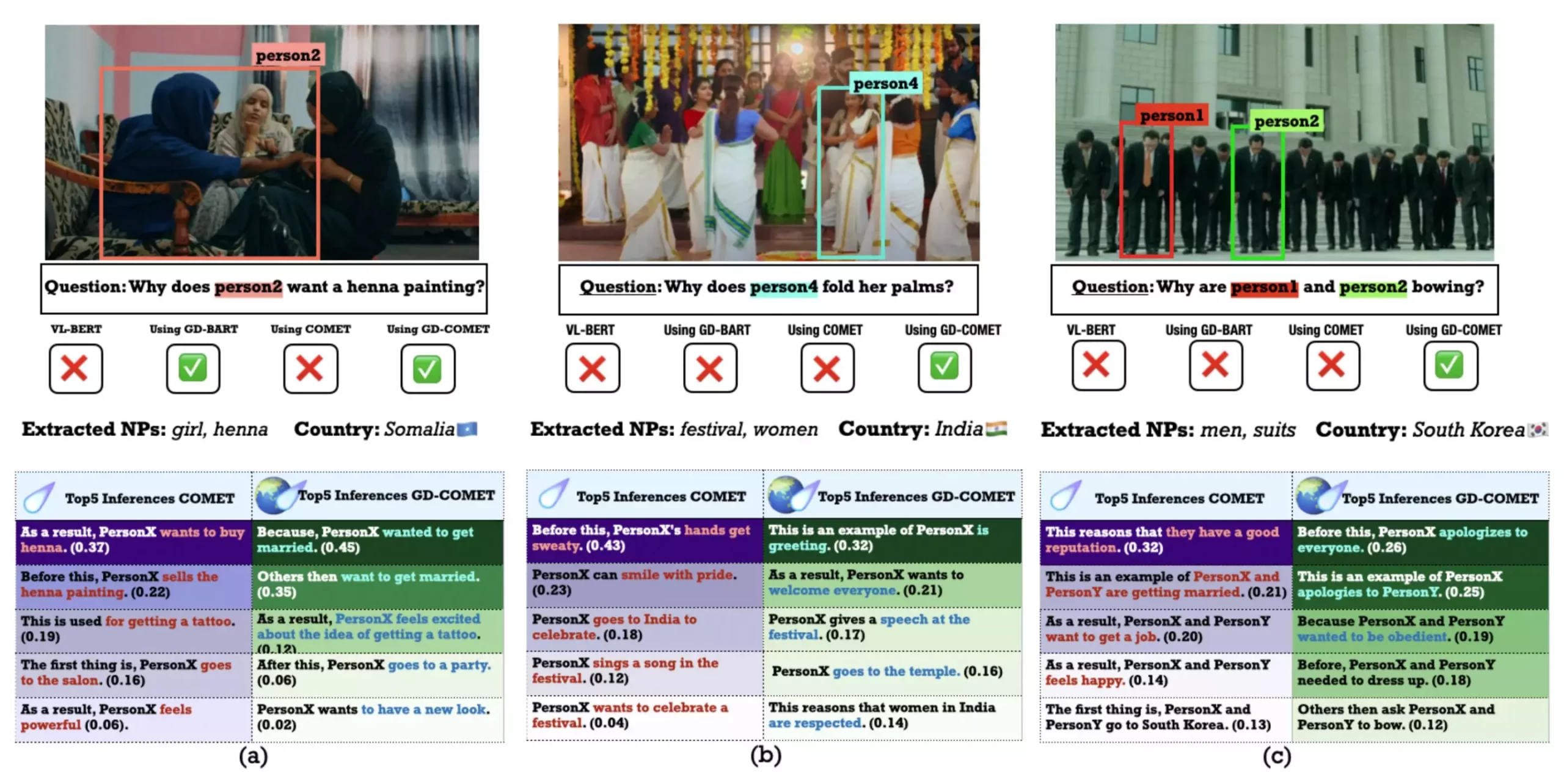Artificial intelligence (AI) language models, such as ChatGPT, have made significant strides in various fields, from law to entertainment. However, these models still lack the capability to reason like a human. Dr. Vered Shwartz, an assistant professor in the UBC department of computer science, and masters student Mehar Bhatia explain the significance of reasoning in AI and the necessity of training models using diverse datasets from different cultures.
Reasoning: Human Intelligence vs. AI Models
Dr. Shwartz highlights the distinction between human intelligence and AI models. While language models like ChatGPT learn by analyzing vast amounts of data from the internet, they essentially provide information that is already documented. Humans, on the other hand, possess reasoning abilities that allow them to extrapolate meaning beyond explicit statements and utilize logic and common sense. Bhatia emphasizes that reasoning is a skill humans develop naturally from birth, enabling us to understand contextual cues and make decisions. As AI models take on increasingly complex tasks, it becomes crucial to imbue them with the ability to reason effectively.
Dr. Shwartz suggests that incorporating common-sense reasoning into existing models like ChatGPT would lead to more accurate responses and create more powerful tools for human use. While current AI models have demonstrated some form of common-sense reasoning, they are far from perfect. Massive amounts of data alone cannot bridge this gap. Human intervention, particularly in training the models, is necessary. Providing the right data, including diverse cultural perspectives, is essential for combating biases and improving accuracy.
Addressing Cultural Bias in AI Models
A significant concern with AI language models is their potential bias, stemming from training on predominantly North American English text. Dr. Shwartz and her team discovered that English language models, being the most commonly used, tend to exhibit a North American bias, leading to a lack of awareness about concepts from other cultures or perpetuating stereotypes. In a recent study, by incorporating culturally diverse data from India, Nigeria, and South Korea, they observed more accurate and culturally informed responses.
Bhatia provides an example where training an AI model with culturally diverse data resulted in a more culturally sensitive response. When shown an image of a woman in Somalia receiving a henna tattoo, the model correctly inferred that she was about to get married, rather than assuming she wanted to buy henna. This exemplifies how diverse datasets can enhance the accuracy of AI models in understanding cultural contexts. On the contrary, the study also revealed instances where ChatGPT lacked cultural awareness, such as assuming North American tipping norms applied universally. This highlights the importance of addressing cultural biases to prevent inaccuracies and discriminatory outcomes.
Language models like ChatGPT have become ubiquitous tools used by people from diverse backgrounds. However, if these models are inherently biased towards Western or North American culture, their outputs may not accurately represent or cater to other cultures and may reinforce existing stereotypes. Bhatia reiterates the need for inclusive tools that can be utilized by everyone, without forcing individuals to conform to a specific cultural norm. Canada, being a culturally diverse country, recognizes the responsibility of ensuring AI technologies reflect and respect different cultures and norms. Dr. Shwartz and her team aim to contribute to this endeavor by conducting ongoing research focused on fostering inclusivity, diversity, and cultural sensitivity in the development and deployment of AI technologies.
While AI language models have proven their capabilities, the integration of reasoning and cultural diversity remains a crucial frontier. Enhancing AI models with common-sense reasoning allows for more accurate and powerful tools that better meet human needs. Moreover, ensuring the representation of diverse perspectives in training data is vital to combat biases and address cultural disparities. As AI technologies continue to shape our lives, it is imperative to prioritize inclusivity, diversity, and cultural sensitivity in their development and implementation.



Leave a Reply